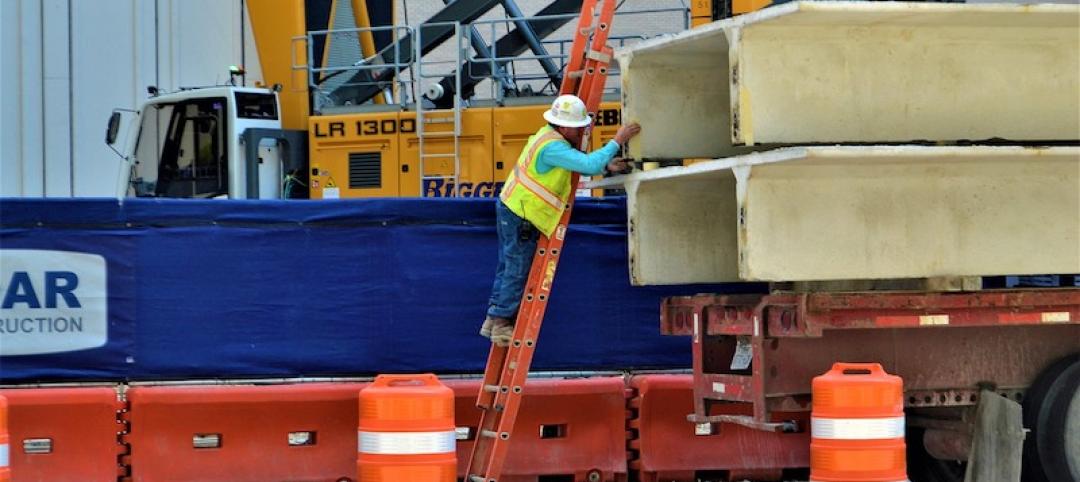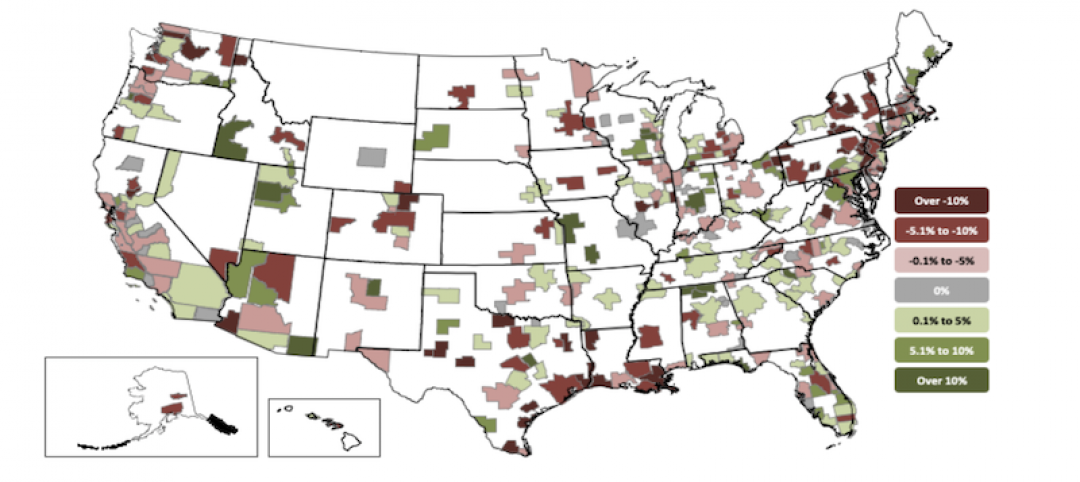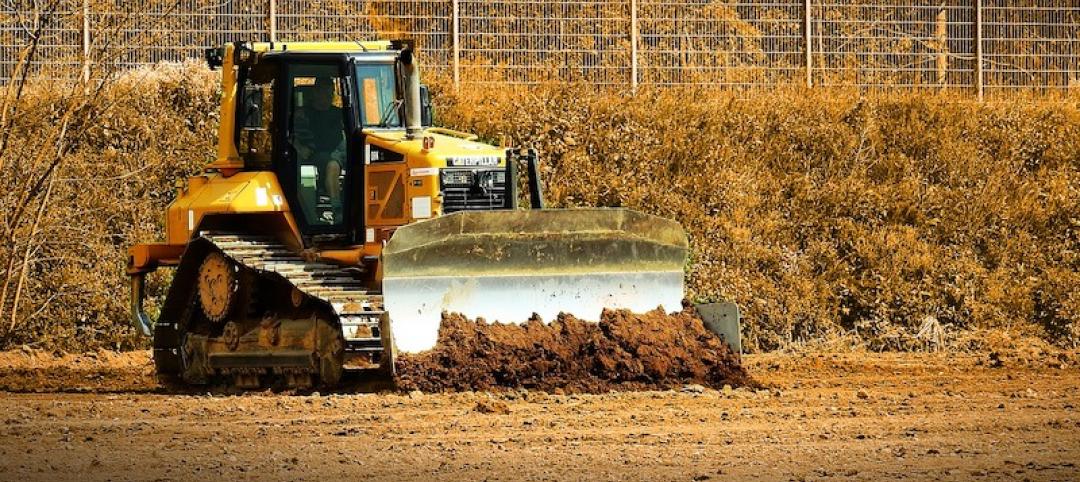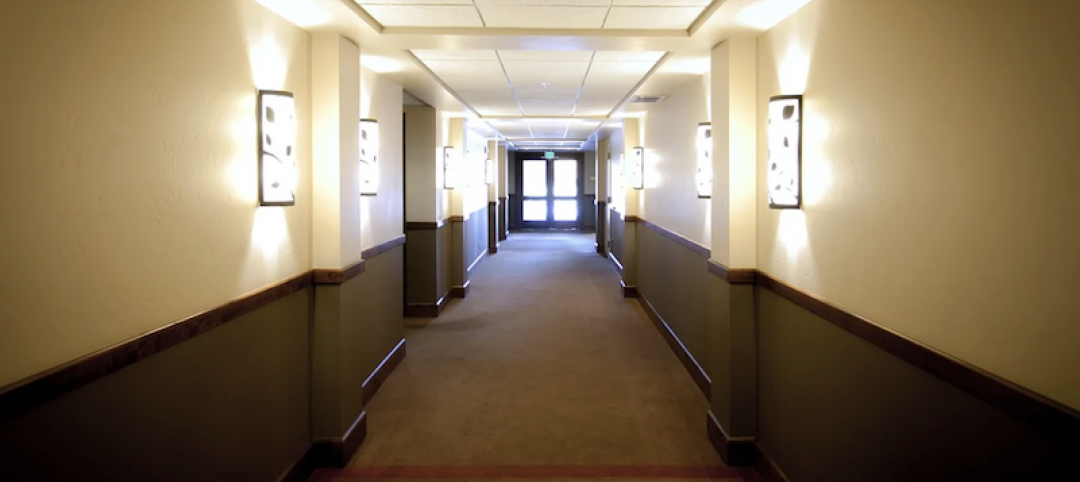Autodesk, Inc., in partnership with management consulting firm FMI Corporation, recently released findings from an industry study, "Trust Matters: The High Cost of Low Trust." The study measured the costs and benefits of different levels of trust within construction organizations and across construction project teams. The findings reveal organizations with "very high" levels of trust achieve better financial and organizational performance – yet 63% of survey respondents shared their organizations have less than "very high" trust. Compared to organizations with lower levels of trust, "very high" trust organizations generate more repeat business, retain more employees and drive a higher level of operational success.
"The performance advantages at 'very high' trust organizations can represent millions of dollars in profitability," said Jay Bowman, research and analytics lead at FMI. "With margins in the construction industry continuing to shrink, organizations should be aware of their trust ranking and how it can be improved to increase profitability. The 'very high' trust attributes uncovered in this report reflect approaches organizations can focus on to minimize uncertainties, simplify collaboration and ultimately improve trust."
FMI and Autodesk surveyed over 2,500 construction professionals worldwide who ranked trust within their organizations, ranging from "very low" to "very high" trust. The rankings were assessed against respondents' reports of their organizations' internal performance, culture and external relationships.
Key findings include:
1. "Very high" organizational trust can lead to millions of dollars in annual savings and new revenue.
Respondents from the highest trust organizations revealed performance advantages that can add up to millions of dollars of profitability each year, including:
-
More repeat business – The majority (57%) of "very high" trust organizations report working with repeat clients for more than 80% of their projects, whereas only 42% of "above average" trust organizations reported the same. The highest trust organizations working with repeat clients can expect gross margins two to seven percent higher than organizations of a similar size with only "above average" trust. Acquiring new clients is estimated to cost five to 25 times more than continuing work with repeat clients, particularly given new business onboarding processes such as aligning technology, managing payment systems and conducting background tests.
-
Lower voluntary turnover – The majority (56%) of construction professionals at "very high" trust organizations voluntarily choose to stay in their roles, versus just 32% at organizations where trust is "above average". Given the costs associated with recruiting new employees, "very high" trust organizations save as much as $750,000 annually by simply not having to onboard new employees. Retaining skilled labor amid the construction industry's global labor shortage is also particularly valuable for organizational success.
- Timely project delivery – Organizations with the highest levels of trust are twice as confident as those with "above average" trust about meeting their project schedules (43% versus 21%), suggesting a higher sense of reliability among their teams. Since delays require additional staffing, equipment and material costs, as well as opportunity costs of not being able to take on additional work, FMI estimates the highest trust organizations are saving as much as $4 million each year by meeting their deadlines.
2. Organizations with the highest trust generate more employee engagement.
Organizations that rank high on trust also rank high on employee engagement.
Seventy-four percent of respondents from "very high" trust organizations said they would recommend their companies as great places to work. Employee recommendations bolster recruiting efforts and can help attract skilled labor – another organizational benefit that is particularly valuable amid the construction industry's global labor shortage.
Respondents from "very high" trust organizations also disclosed they are twice as likely to go above and beyond what is asked of them (49%), compared to respondents from "above average" trust organizations (24%).
3. "Very high" trust organizations value collaboration and build stronger relationships externally.
Respondents from "very high" trust organizations were more than twice as likely to report that collaboration is central to the way they work (43%), compared to respondents from "above average" trust organizations (19%). The highest trust organizations are more likely to share information with external teams, receive prompt responses from team members and hear about project issues quickly. These findings suggest the collaboration found within "very high" trust organizations not only reduce project rework and schedule overruns, but also strengthens external industry relationships – between owners, architects, engineers, general contractors and specialty contractors – to expand opportunities for more work.
4. Trust can be increased.
The study uncovered common, measurable attributes that foster trust and positively impact performance across construction organizations, such as consistent internal processes, transparent communications, environments where employees feel safe and secure sharing their views, and a focus on employee development.
"Having worked as a project engineer, I know first-hand construction is a team sport and being able to trust the people you work with is essential to business success," said Dustin DeVan, construction strategist and evangelist at Autodesk Construction Solutions. "This study exposes a need for more transparency, accountability and collaboration in the industry. Organizations that effectively adopt processes and technologies that facilitate greater transparency, accountability and collaboration will be able to increase trust and improve their performance outcomes."
More details:
- Download the full report with country-specific insights, "Trust Matters: The High Cost of Low Trust," here
- Also check out the blog and infographic
- Sign up for our upcoming webinar on March 25, 2020 to learn how construction organizations can increase trust internally and across their project teams
About the study
In 2019, Autodesk Construction Solutions and FMI surveyed 2,527 construction professionals worldwide, asking them to rank the level of trust within their organizations and across project teams, and share financial and organizational performance. In the survey, respondents ranked the level of trust within their organization on a scale of 1 – 5 (very low = 1; very high = 5).
To evaluate the costs and benefits of the trust ratings, responses were then grouped in to one of three categories:
- "Very high": Trust extends through the organization and across all functions. Trust is core to how they work.
- "Above average": These firms may have pockets of strong trust, but individuals may still distrust or feel suspicious of others, even unconsciously. To some degree, trust must still be earned.
- "Average" to "below average": Employees of these firms are not consistently trustful, and internal groups may feel suspicious of others. Individual employees may also act in their own best interest rather than for the benefit of their organization or other team members.
Study participants include project owners (11%), architects and engineers (36%), contractors (31%) and specialty trades (22%) from the United States, Canada, United Kingdom, Ireland, Australia, New Zealand, Hong Kong and Singapore. Participants' tenure ranges from less than two years (21%), two to five years (26%), five to 10 years (26%), 10 to 20 years (19%), and more than 20 years (8%).
Related Stories
Healthcare Facilities | Feb 18, 2021
The Weekly show, Feb 18, 2021: What patients want from healthcare facilities, and Post-COVID retail trends
This week on The Weekly show, BD+C editors speak with AEC industry leaders from JLL and Landini Associates about what patients want from healthcare facilities, based on JLL's recent survey of 4,015 patients, and making online sales work for a retail sector recovery.
Market Data | Feb 17, 2021
Soaring prices and delivery delays for lumber and steel squeeze finances for construction firms already hit by pandemic
Association officials call for removing tariffs on key materials to provide immediate relief for hard-hit contractors and exploring ways to expand long-term capacity for steel, lumber and other materials,
Market Data | Feb 9, 2021
Construction Backlog and contractor optimism rise to start 2021, according to ABC member survey
Despite the monthly uptick, backlog is 0.9 months lower than in January 2020.
Market Data | Feb 9, 2021
USGBC top 10 states for LEED in 2020
The Top 10 States for LEED green building is based on gross square feet of certified space per person using 2010 U.S. Census data and includes commercial and institutional projects certified in 2020.
Market Data | Feb 8, 2021
Construction employment stalls in January with unemployment rate of 9.4%
New measures threaten to undermine recovery.
Market Data | Feb 4, 2021
Construction employment declined in 2020 in majority of metro areas
Houston-The Woodlands-Sugar Land and Brockton-Bridgewater-Easton, Mass. have worst 2020 losses, while Indianapolis-Carmel-Anderson, Ind. and Walla Walla, Wash. register largest gains in industry jobs.
Market Data | Feb 3, 2021
Construction spending diverges in December with slump in private nonresidential sector, mixed public work, and boom in homebuilding
Demand for nonresidential construction and public works will decline amid ongoing pandemic concerns.
Market Data | Feb 1, 2021
The New York City market is back on top and leads the U.S. hotel construction pipeline
New York City has the greatest number of projects under construction with 108 projects/19,439 rooms.
Market Data | Jan 29, 2021
Multifamily housing construction outlook soars in late 2020
Exceeds pre-COVID levels, reaching highest mark since 1st quarter 2018.
Market Data | Jan 29, 2021
The U.S. hotel construction pipeline stands at 5,216 projects/650,222 rooms at year-end 2020
At the end of Q4 ‘20, projects currently under construction stand at 1,487 projects/199,700 rooms.

















